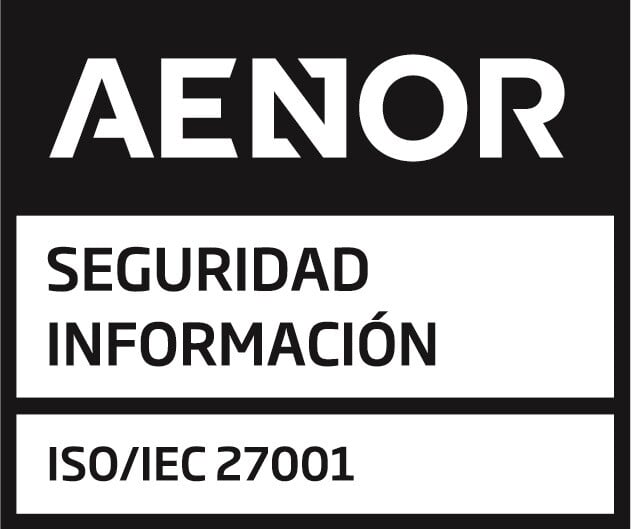The last decade is cemented in the record books for the renewable energy industry- monumental growth was documented globally. Renewable energy project developers continue to play a monumental role in the transition to sustainable and clean energy.
Currently, project developers are handling some sizeable assignments across the world; including the Hornsea Project 2 in the UK and the Mohammed bin Rashid al-Maktoum Solar Park Phase V in Dubai.
For any RE project developer to be successful, they need to possess certain qualities; and use the right tools. Qualifications are crucial, but the crowning is in the application of efficient methods and tools.
Are you an aspiring RE project developer? Are you looking to hire such a professional in your upcoming solar or wind energy project? An essential professional profile is worth considering.
Renewable Energy Project Development Requirements
The development of renewable energy projects is intricate, especially if they are grid-connected and utility-scale. It involves multiple spheres of activity that must progress concurrently, each with its set of experts.
In QBI’s experience, renewable energy project development encompasses at least five elements:
- Project financing
- Permitting procedures
- Land and site management
- Specification of requirements & engineering
- Power Purchase Agreement (PPA)
The best project developers understand and apply the above elements to the core to prevent or minimize project derailments.
Our platform ensures that project developers possess the requisite tools to spearhead RE projects profitably and efficiently.
Before we break down the tool, we would like to highlight more about the professional profile of a RE project developer.
Career Summary of a Successful RE Project Developer
You may wonder why some RE project developers tend to be more successful than others. Well, the best developers have an insatiable interest in clean energy and this is provable from their pursuit of skills and technical knowledge at any opportunity.
They know that they are responsible for many aspects of project development including working together with different departments (building, engineering, procurement etc.), securing building permits, and pursuing tax agreements.
A RE project developer means a lot for the project of the central role in all matters project development. Successful RE developers are able to put together the best technologies and sites to deliver the most reliable solutions for customers.
The Typical Day of a RE Project Developer
Renewable energy projects are highly distinguished and unique, so it would be difficult to paint the average day of RE project development. It usually depends on the project stage, location, and specific requirements.
If the project is in the early stages, the project developer spends most of the time negotiating with landowners for land control. The next stage would be assessments with permitting organizations and environmental groups.
If the developer is almost certain the project will commence soon, he engages engineers to prepare for installation of wind turbines, solar PV, or other systems. Such is also the time to work with analysts for power output estimation.
Remember that the developer may be handling several RE projects concurrently. Considering the disparate nature of renewables, it is possible to have several projects across states or continents. During the public participation or permitting stages, the developer may need to travel a lot. Fortunately, some of the travels may be avoidable with a platform like QBI Solutions.
The RE Project Developer, More Than Just a Technical Job
Since many stakeholders are involved in a renewable energy project, a RE project developer must have great foresight, be a strategic planner, and make considerations only after analyzing them thoroughly.
Renewable energy project developers must have the capability to manage beyond project basics such as logistics. This is important because as this sector grows, interactions with local communities are increasing. Often, the developer needs to handle community expectations towards the projects.
Renewable energy installations have a huge impact on the communities that harbor them. However, there has to be a balance between these benefits and the community expectations. The project developer should ensure positive engagement of the community throughout the stages of the project, from development to implementation.
These engagements are an avenue for ironing out various misunderstandings from the local community about RE projects. For instance, some communities may hold the notion that project developers make supernormal profits from the projects. Usually, that standpoint is because they don’t have enough facts, for instance, about the high operation costs that accompany these projects.
About the QBI Solutions Platform
When you plan to develop solar, wind, and other renewable energy systems, you need a reliable partner for data-driven decision-making.
QBI Solutions Team have been a leading specialist in renewable energy projects for about 17 years. We provide a custom-made platform that covers the asset lifecycle for renewable energy project developers. Anything you need to handle from documentation to task workflow is covered on this platform.
Our focus on accelerating the energy transition with business-driven digital solutions has seen us set base in at least 7 countries and serve more than 900 projects. So far, projects using our platform have a total controlled capacity of over 25GW.
The QBI Solutions group is proud to be enhancing the energy transition through collaboration with RE project developers worldwide.
For more on how this platform is essential for the profile of a project developer, be sure to contact us at any time.
